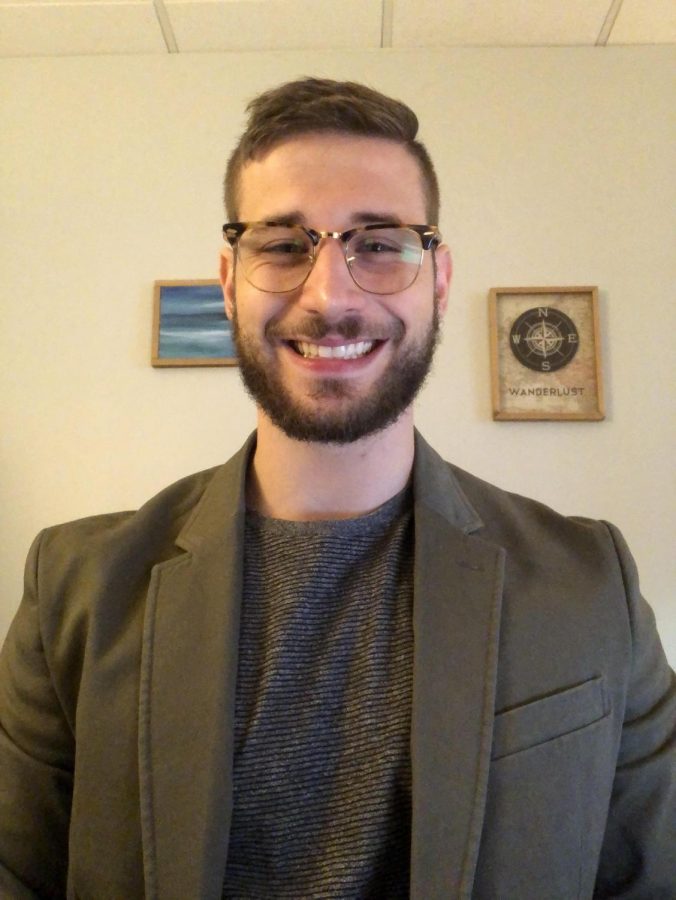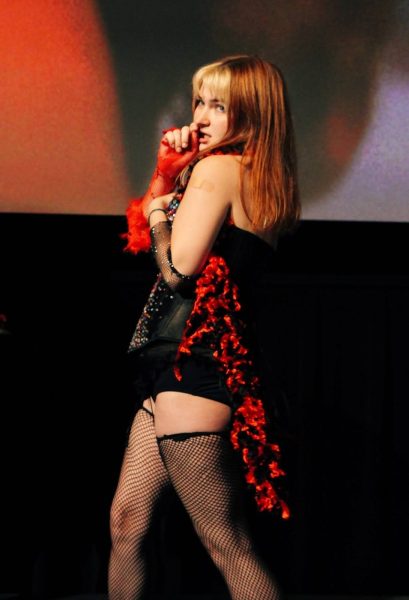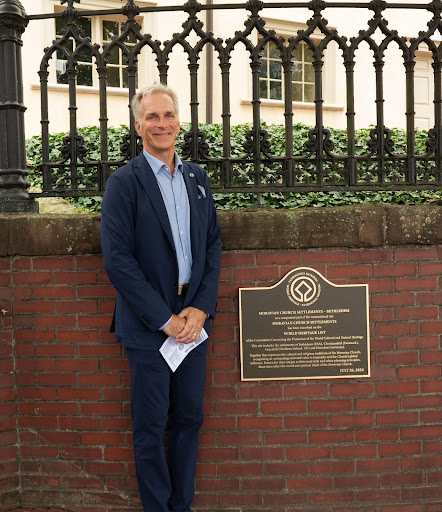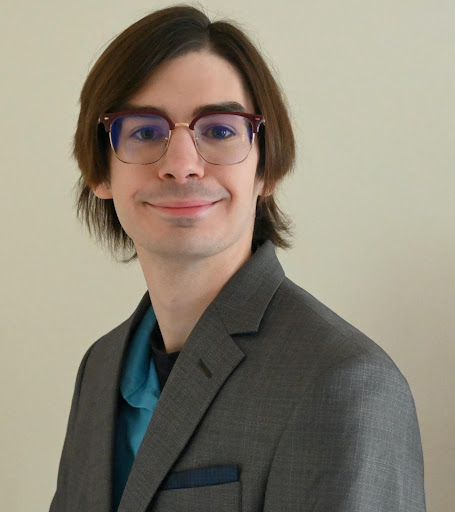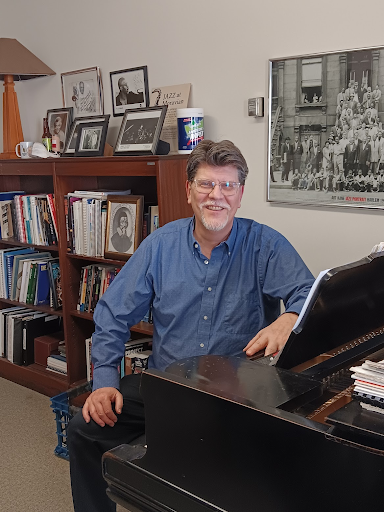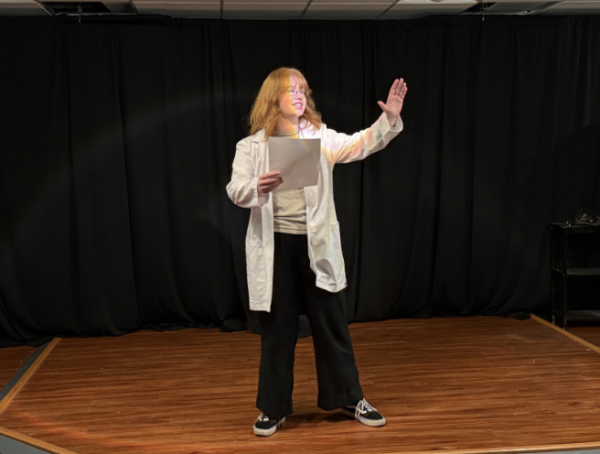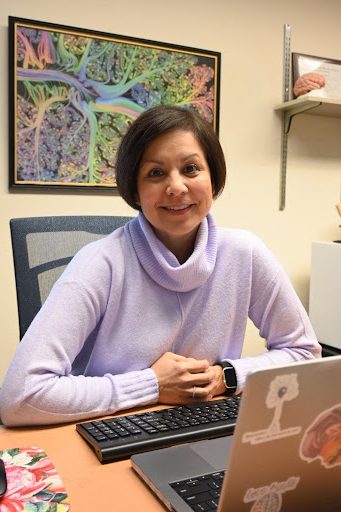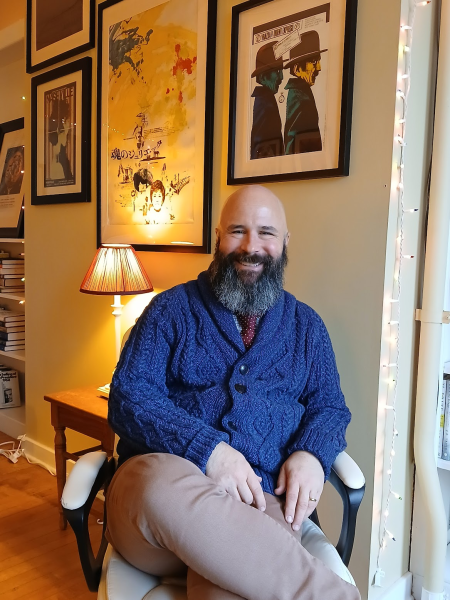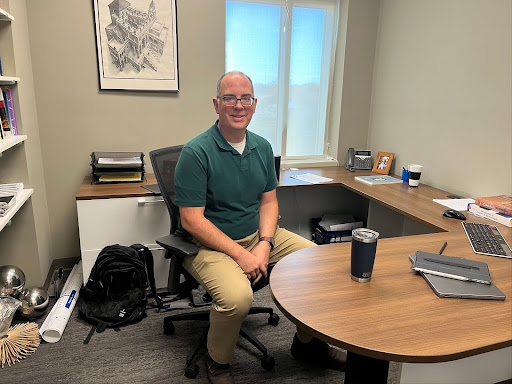Professor Spotlight: Edward Probasco
Professor Edward Probasco is an adjunct professor at Moravian College. He graduated from Kutztown University with both his B.A. and M.A. in English.
What inspired you to go into your field of study?
Does it count if I say I fell into it? I started pursuing composition and rhetoric a little after the completion of my undergraduate studies. Despite being an English major—and truly loving to analyze and discuss each and every text—I felt as though there was something missing: I was being taught the material I would need to teach, but not the tools to successfully do so. I definitely felt stuck. As such, I sought out ways to make my courses more inviting, more engaging, and, well, more enlightening; there’s only so many ways you can make understanding a dangling participle fun, but I think I’m getting there.
What research are you currently working on?
I’m currently working on two articles: plagiarism within higher ed and tracing the evolution of Russian formalism! While the two couldn’t be further from each other, I’ve been having a blast. Within my plagiarism study, I’m exploring the potential pitfalls in teaching plagiarism in reverse—that is teaching students the consequences before the definition—whereas my formalist article explores the work of Shklovsky, Brecht and Benjamin.
What do you think is the most recent important development in your field of study?
It may sound quite odd, but I’m really excited to see a considerable amount of play in genre. Not too long ago, some of the headlining composition (and literary) conferences demanded so much tact and strict regulations that it looked more like a sterile laboratory rather than that of engaging active space. However, now, some of these larger conferences seem to be pushing back against these strict rules and formats, which helps to enrich the field in more diverse voices—no matter how small.
What job would you have if you couldn’t be a professor, regardless of salary and job outcome? Why?
Professional tutor. A number of my colleagues, peers, and students tend to blur the line between tutor and professor, but they are quite different. Although they both support one another, I always wish I had more time in the day to grant students the one-on-one learning experiences they deserve. As such, tutoring would allow me the opportunity to talk through certain issues with my students, without them feeling as though I had a form of authority over them.
What do you know now that you wished you knew when you were in college?
Everyone suffers from imposter syndrome and the spotlight effect. You should celebrate your differences from that of your peers, and understand that you’re just as capable—everyone is just as unsure of what they’re doing, and we’re all treading water together.
What is your biggest student pet peeve?
I’ve got two: lack of self-esteem and not doing the assigned readings. Once more, you’re all more than capable; you just have to recognize it.
Give yourself a chance to breathe.
What was the last streaming show that you binge-watched or the last good book that you read?
Most likely due to my readings surrounding consumption, commodification, or anything Wallace, I actually hate binge-watching. I’ve found that when I’m binging, I slowly fall away from watching for pleasure/leisure and more so for consumption—as if I’m watching a series just to get to the end. That worries me. However, I love nestling up with any text from Richard Wright. If it has to be a show, I do enjoy Ozark.
What is something interesting about you that most people don’t know?
I love to surf! Whether it’s surfing in summer or winter, I chase swell reports, hurricanes, and storms. Another interesting fact would be that I have twenty-seven tattoos; it’s always a great way to start a conversation, and it helps to set me apart at conferences!
What’s your spirit animal and why?
Most definitely an otter. Why? For no other reason than being an otter—I mean, come on, it’s an otter!


